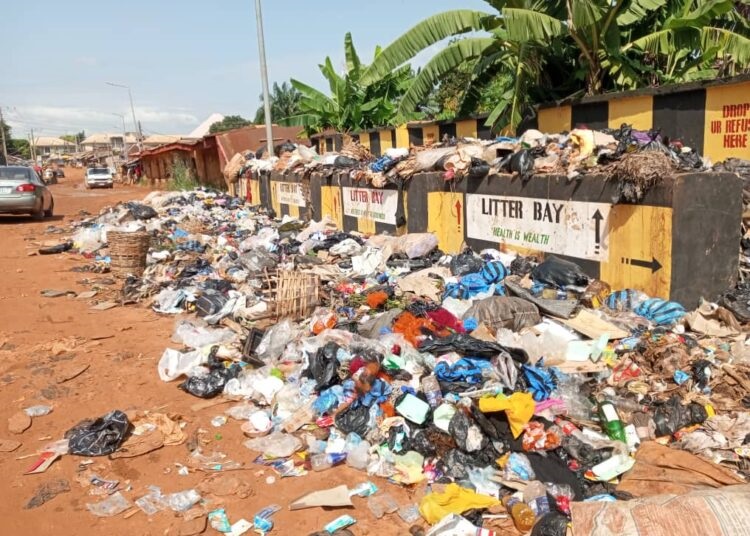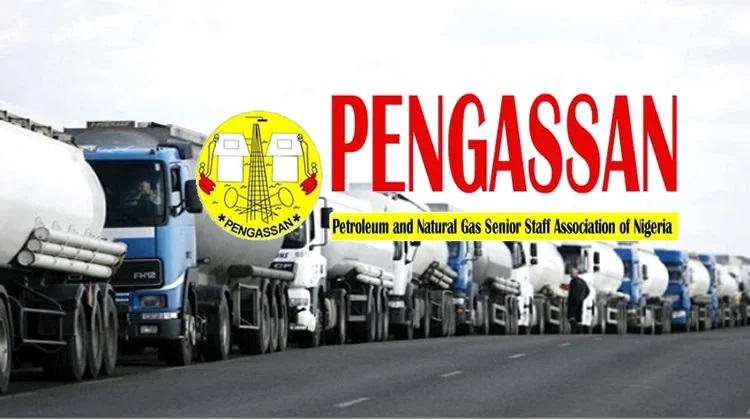The Federal Government and the United Nations Environment Programme (UNEP) are collaborating to tackle the pervasive threat posed by Persistent Organic Pollutants (POPs) in plastic materials used in the industrial sector.
Speaking at a workshop on the Circular and POPs-Free Plastics in Africa Project, on Tuesday in Abuja, the Minister of Environment, Balarabe Lawal, said the initiative aimed to address challenges in POPs management and plastic pollution in Nigeria.
The workshop, organised by the National Environmental Standards and Regulations Enforcement Agency (NESREA), UNEP, and the Global Environment Facility (GEF), sought to enhance multi-stakeholder collaboration to eliminate POPs from plastics and promote circular economy principles across Africa.
The minister was represented by Mr Yunusa Abdulganiu, Director of Pollution Control and Environmental Health at the Ministry of Environment.
He highlighted that the project focused on reducing the importation, production, and use of POPs in plastic-containing products used in the automobile, construction, and electronics sectors.
“Also, the project targets the reduction of unintentionally produced POPs and their associated environmental and health burdens.”
Lawal emphasised the cross-cutting nature of POPs management and plastic pollution, stating:
“The magnitude of the associated challenges calls for collective responsibility among all sectoral stakeholders.”
He noted that hazardous chemicals, including POPs, were used as additives in various plastic products to enhance their properties.
“Scientific evidence shows that POPs persist for decades, accumulate in the environment, and are released throughout the lifecycle of plastics, causing harm to human health, the environment, and the economy,” he said.
He further added that Nigeria’s participation in the initiative reflected its commitment to environmental sustainability and aligned with national priorities.
“These actions will not only protect our environment but also create economic opportunities in green industries and sustainable waste management.”
The minister also mentioned that the Ministry of Environment had developed the National Policy on Plastic Waste Management, providing a framework for addressing plastic pollution.
Earlier, the Director-General of NESREA, Prof. Innocent Barikor, underscored the importance of the event.
“We are here to address one of the most complex and pressing environmental challenges of our time, the threat posed by Persistent Organic Pollutants in plastics,” he said.
He described POPs as carcinogenic and mutagenic, with long-term health consequences, including cancer, genetic mutations, neurological damage, reproductive problems, and immunological disorders.
“POPs disrupt ecological systems and pose a serious threat to both aquatic ecosystems and human health,” Barikor added.
He explained that many chemical additives used in plastic production, such as those providing plasticity and fire retardancy, were classified as POPs.
“At NESREA, we understand that effective environmental management requires more than regulation and enforcement. It demands innovation, collaboration, and sustained commitment,” he said.
Barikor stated that the project would strengthen regulatory frameworks and build on existing policies such as the National Environmental (Electrical and Electronics Sector) Regulations, 2021, and the National Policy on Plastic Waste Management.
“Our implementation strategy will be inclusive and participatory. We will also prioritize gender mainstreaming to ensure that women, who often bear the brunt of environmental degradation, are active participants and beneficiaries of our interventions,” he said.(NAN)





